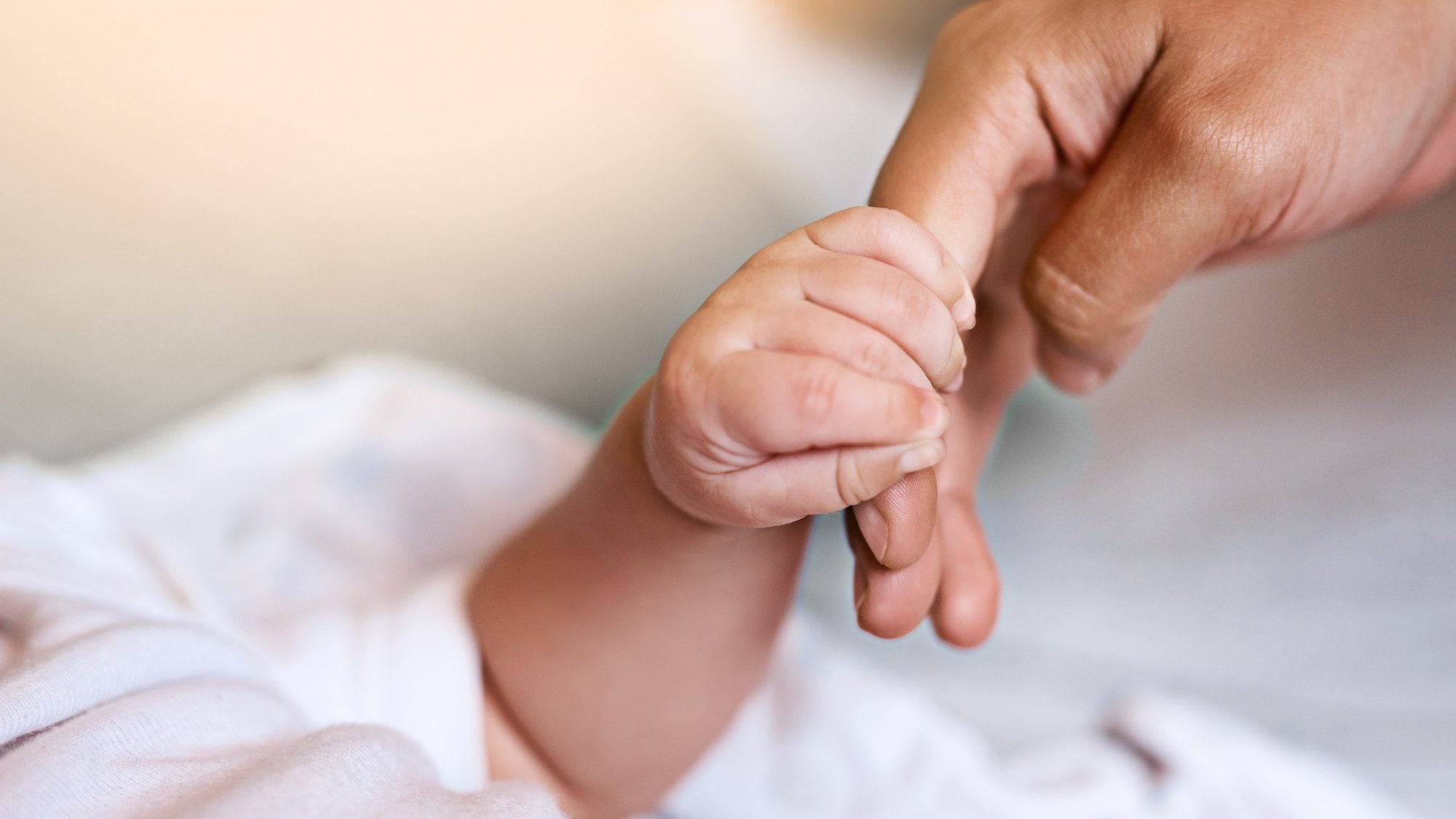The number of births keeps dropping, and this is a sad reality reported by Insee. In its report released on Thursday, November 14, the National Institute of Statistics and Economic Studies confirmed that the birth rate has decreased by 6.6% between 2022 and 2023. While 677,800 babies were born in France in 2023, including 639,533 in mainland France, such a low number hasn't been recorded since 1944.
#Naissances | En France, les naissances reculent de 6,6 % entre 2022 et 2023 : c’est la baisse la plus forte depuis la fin du baby-boom.
— Insee (@InseeFr) November 14, 2024
👉https://t.co/v9GiIiCX2C pic.twitter.com/SPhhdMLSTN
A situation that isn't just affecting France
This decline in birth rates is happening globally, regardless of the mother's age. A decrease of 8.6% is seen among mothers aged 30 to 34, 7.4% among those aged 25 to 29, and 4.5% among women under 25. According to Insee, for the first time since 2010, this decline also affects women over 35: - 4.2% for those aged 35-49 and - 5.0% for those over 40.
France is not the only one facing this issue. Birth rates are also declining across Europe: since 2019, the EU has experienced a 12% decrease in births, and since 2022, a drop of 5.5%.
Several reasons explain this drop in births
So, what explains this significant decline in birth rates in France? A few reasons are brought up, including the fact that women are having fewer children. In 2019, the Total Fertility Rate (TFR) was 1.87 children per woman. Economic concerns and a desire for stable jobs and income are also highlighted as factors for the later arrival of children in households.
« Le problème démographique que l’on connaît en France est un problème mondial. C’est un problème que l’on va difficilement résoudre sans recourir à des politiques extrêmement incitatives. » @agnesbuzyn #RA2024 #natalité pic.twitter.com/MHepyvZO4q
— Les Rencontres de l'Avenir (@Rencontres_AV) November 10, 2024
While this data may seem alarming, Anne Solaz, a research director at Ined*, interviewed by Public Sénat in January 2024, reassures us: “At this level, there’s nothing to worry about for the future. We have experienced this situation before in the 1990s. It’s a symbolic level because when we have babies in France, we feel like everything is fine. [...] It’s important to understand why people are choosing not to have children. [...] For the State, there is also the challenge of creating a favorable environment for the birth of children.”
*Institut national d’études démographiques
Demographic study program